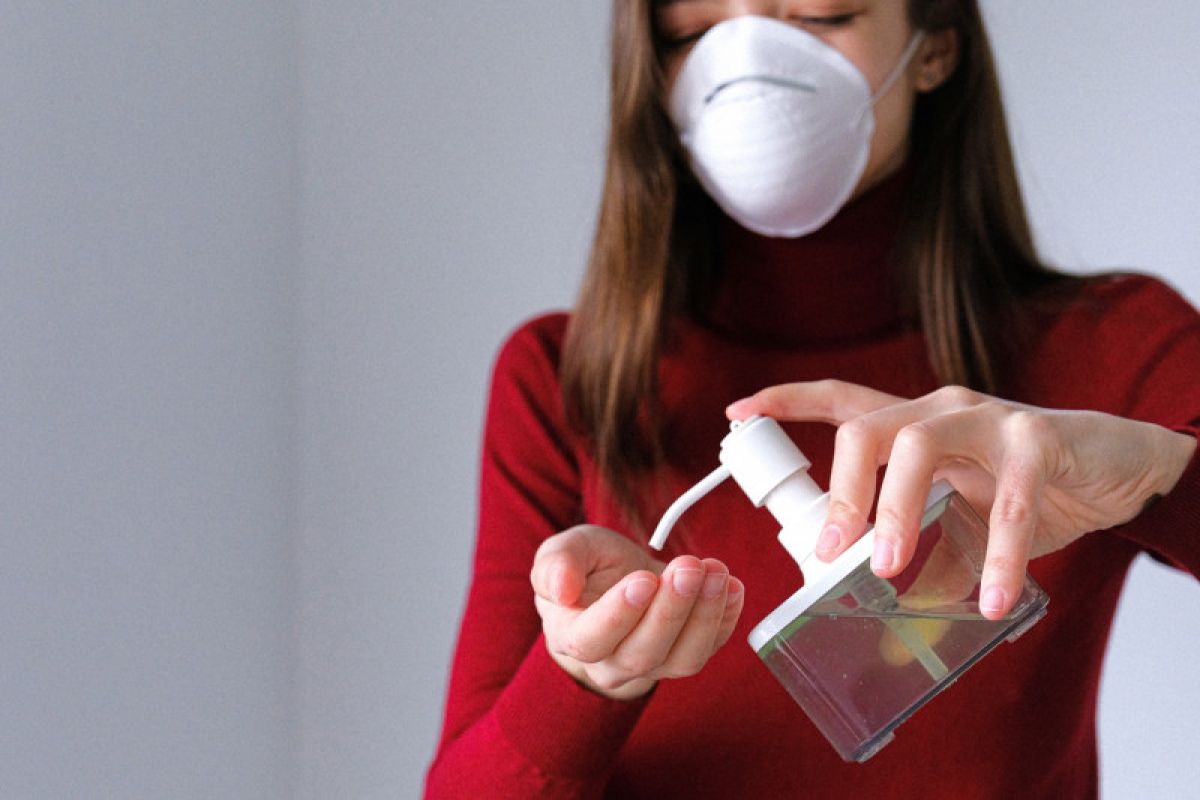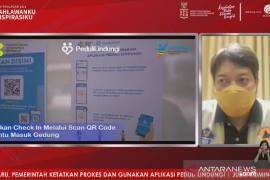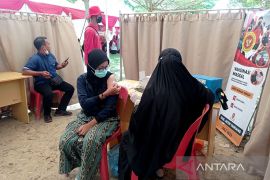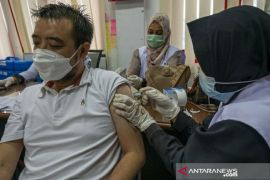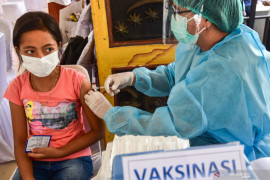Despite having an immunity advantage, those who have been vaccinated have a better score in our COVID-19 prevention assessment, as they recorded a score of 52 points, closer to 60 pointsJakarta (ANTARA) - Research from the non-governmental health organization Health Collaborative Center (HCC) indicated that Indonesians vaccinated against COVID-19 tend to comply more with health protocols as compared to their non-vaccinated counterparts.
"Despite having an immunity advantage, those who have been vaccinated have a better score in our COVID-19 prevention assessment, as they recorded a score of 52 points, closer to 60 points," the founder and researcher of HCC Dr Ray Wagiu Basrowi stated during a virtual press conference on Monday.
The HCC's COVID-19 Prevention Behaviour Index (CPBI) utilized a questionnaire to assess COVID-19 prevention measures adopted by members of a community, with a higher score indicating better quality in terms of the COVID-19 prevention behavior, the researcher revealed.
Related news: Good COVID handling supported manufacturing PMI rise: Pandjaitan
The CPBI assessment involving over 1,800 respondents from 24 provinces revealed that vaccinated individuals recorded 52 points on their COVID-19 prevention behavior, higher than respondents, who were not inoculated or not intended to get vaccinated, that recorded a score of only 48 points.
Respondents that came in close contact with COVID-19 patients or those with family members infected with the coronavirus also recorded a high prevention score of 52 points, from the score range of 10-60 points, he stated.
Respondents who recovered from the COVID-19 infection also recorded 52 points, yet the score range on this respondent group is only 20-60 points.
"This group of residents, who have been infected with the COVID-19 disease or those whose family members or relatives had contracted the disease, recorded a better score in the COVID-19 prevention behavior," Basrowi stated.
Related news: Indonesia not among 10 countries with highest COVID cases: President
Respondents have rational considerations that induce them to behave with caution, vigil, or concern and take measures to prevent the infection, he remarked.
"The research also revealed that one factor that increases their anxiety during the COVID-19 pandemic was news reports," the doctor stated.
The survey indicated that 39.7 percent of the respondents were concerned, while 16.9 percent of the respondents were highly concerned by news reports on the COVID-19 pandemic that compelled them to comply with health protocols, he reported.
"Respondents are behaving more carefully and complying with the enforced health protocols after watching news reports on the COVID-19 second wave or overwhelmed hospitals and health workers," Basrowi noted.
Related news: Indonesia records $5.73-billion trade balance surplus in October 2021
Related news: BPS records improvement in population mobility in October 2021
Translator: Rizka Khaerunnisa, Nabil Ihsan
Editor: Fardah Assegaf
Copyright © ANTARA 2021
